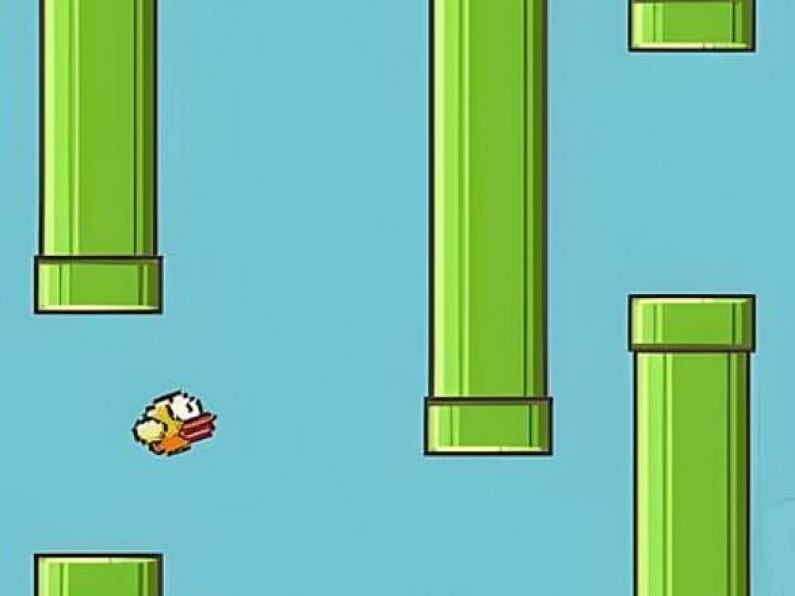Our recent election “green wave” sends a clear message that we want to see urgent action on the environment.
The issue of single-use plastic is one of the hottest topics of the sustainability agenda and the latest statistics show that plastics make up 17% of Irish household waste.
Last year’s ‘shop and drop’ supermarket initiative was followed this April with a ban on schools using single-use plastic cups, cutlery and straws.
However, despite our best intentions, consumers can struggle to find practical, affordable alternatives to plastic food wrapping.
The good news is that there are alternatives to cling film and other plastics with Irish startup Millbee offering a natural and reusable substitute -- beeswax wraps.
Jennifer Doyle, who previously ran her own interior design business, is a beekeeper and had been using her own beeswax and beeswax sourced from local beekeepers to make candles.
Beeswax is a natural and sustainable ingredient as it is a by-product of honey production, she says.
While researching other potential products, she looked to her experience as a mother of two. She had begun to make beeswax wraps at home and realised how versatile they are.
They’re ideal for lunchboxes, to wrap up pieces of fruit and keep sandwiches fresh, she says.
It’s a sustainable product and practical and it fits into my lifestyle. If I’m batch cooking or making salads, I use the wraps to cover containers in the fridge or to wrap cheese.
She explains the process of making the wraps: Using organic cotton fabric cut to size, she applies a blend of beeswax, jojoba oil, and tree resin to the material with a brush.
When it dries it’s malleable like cling film.
“You can use the heat of your hands to mould it around anything,” she says.
Potential uses include covering leftovers and salads in the fridge, replacing a lid on a jar or bottle, or wrapping items like pieces of fruit, cheese, or sandwiches in a lunchbox.
While the wraps can reduce reliance on plastic food packaging, beeswax and resin have natural anti-bacterial properties which help to keep food fresh for longer, helping consumers cut down on food waste as well.
Ms Doyle says the wraps will last about a year with care. They should be wiped clean with lukewarm water and gentle dishwashing detergent as hot water will damage the outer coating.
Beeswax wraps — or beeswrap — are a relatively recent arrival to Europe. While she’s aware of one other Irish company making them, most competitors in this market are US and Canadian, says Ms Doyle.
She sees space for Irish firms in this market as she believes consumers who are looking for a sustainable product prefer to buy local where possible.
Ms Doyle, who previously worked with a web marketing company, says while she is “a bit entrepreneurial” taking part in Enterprise Ireland’s New Frontiers programme helped her to further develop those skills.
She is also participating in Acorns for rural-based early-stage female entrepreneurs.
Since launching earlier this year, the Offaly-based entrepreneur had a stall at her local food market, Tullamore Food Fayre, over two weekends.
The first one at the end of March was a big success and she sold out.
She says the interest in her product has been “unbelievable”. She’s had lots of enquiries from small independent stores and health shops.
While she’s talking to retailers to stock her wraps, she says her goal is not just about growing a business and adding another product, “it is about doing something positive”.
“It gets people thinking more about sustainability. What I’ve found is that once you start doing one thing, it can lead to another.”
Millbee currently has two product offerings: the first is an “introductory” three-pack of various sizes, the second is a bread beeswax wrap launched at Sheridan’s Annual Food Festival this weekend.
A new product is on the way: A three-pack of medium-sized wraps for lunchboxes with a print that will appeal to children and encourage them to be more sustainable.






